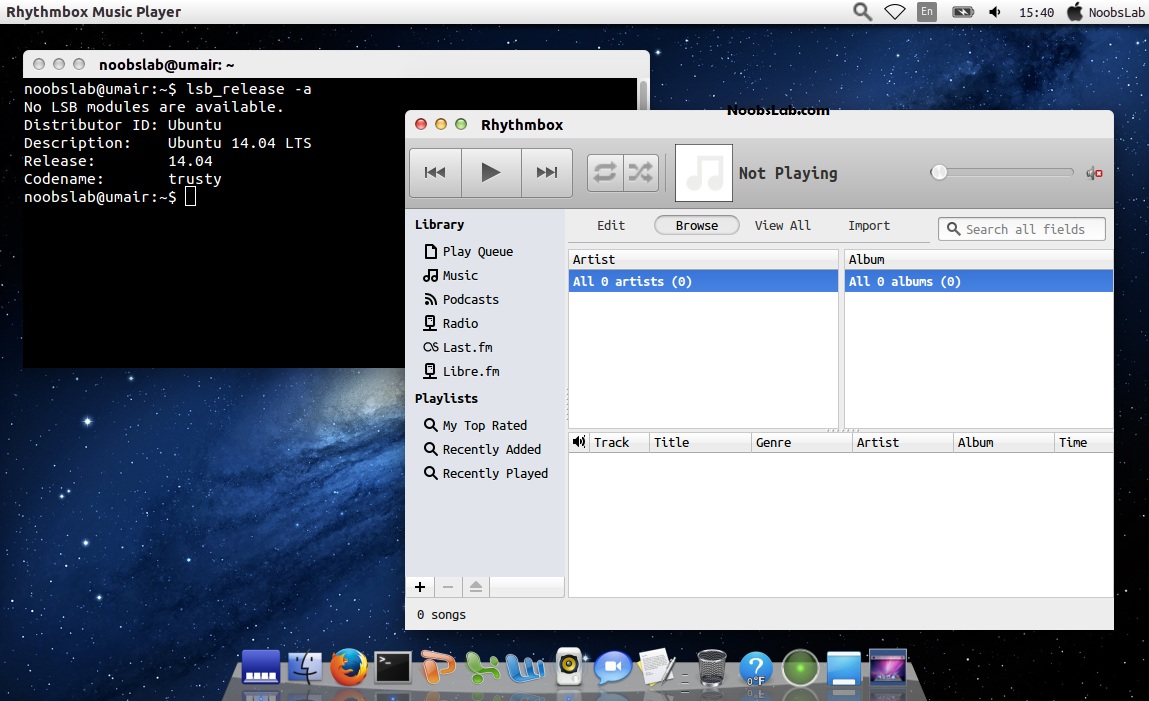-
Looking For 32-bit Linux For Mac카테고리 없음 2020. 2. 7. 22:50
Last edited by Hello everyone, I did a really stupid thing, and now looking to remedy my problem. I tried to install opera 26 on my aging mac that's stuck on 10.6.8 (because only 32-bit) and it installed w/out complaint - only of course, it doesn't work. So I'd like to find the install for the previous version that worked fine; the last rendition of opera 25 for mac.

If you are a regular follower of Linux news, you might have noticed a trend. 32Bit is disappearing from the world of regular Linux distributions. Slowly, it’s only 64Bit world. Popular Linux distribution elementary OS doesn’t have a 32-bit version. Newer Linux distributions such as Solus Linux did not even bother to release a 32-bit version. That said, I suspect the 32-bit installer for most distros will probably boot and install fine on your machine without any needed tweaking (I’d guess they use a 32-bit BIOS/EFI loader which the Mac hopefully shouldn’t struggle with).
When I brows the download section for previous versions of Opera, it seems to only be the Presto versions that are available, nothing found since Opera is running on Blink. Any way I can find the last version of Opera 25 Stable for Mac to download? Any help greatly appreciated! Many thanks, Jean-Loup.
Linux got its start in the 1990s as an alternative operating system for older PCs that didn't have the horsepower to run newer versions of Windows. So it seems a bit ironic, but not totally surprising, that one major Linux distro is looking to end support for 32-bit processors. Ubuntu’s Dimitri John Ledkov put out a on the Ubuntu mailing list recently that the company will be winding down support for 32-bit processors. He notes that by 2018, it will be two years since major software vendors and products—Google, ZFS and Docker, specifically—ended their support for 32-bit processors. + Also on Network World: + Ledkov said that's the reason to end support.
'The key point here is lack of upstream software support and upstream security support on i386 rather than actual hardware being out of stock and/or old,' he wrote. But there is no denying 32-bit hardware is starting to disappear. Twenty years ago when people were repurposing old Windows PCs as small departmental Linux servers, the PC was maybe 3 or 4 years old. Thirty-two-bit systems today are a lot older. AMD introduced the Athlon64 processor in 2003, and Intel came out with its 64-bit processor one year later.
Within a few years, all that the two CPU makers were selling were 64-bit chips, if for no other reason than 64-bit chips blew past the 4GB memory limit. On the desktop, that's not a very big deal, except maybe for people using Photoshop or AutoCAD. But on the server it was a huge deal.

No more banks of 32-bit machines running at 2 percent utilization. The advent of 64-bit computing, with a theoretical memory limit of 16 exabytes, brought massive changes in server technology that resulted in the growth of supercomputing, as well as the advent of the cloud and virtualization. Timeframe for Ubuntu and Canonical With 32-bit systems dying off, spending time building and testing a 32-bit OS for diminishing returns doesn't make sense for Canonical.
Ledkov said Ubuntu wants to stop providing new 32-bit installations at Ubuntu 16.10. By Ubuntu 18.10 in October 2018, Canonical would completely end support for 32-bit software and encourage running it in a virtual machine or container instead. Canonical is not the first Linux vendor to end 32-bit support. Red Hat stopped offering a 32-bit version of Fedora Server as of Fedora 24, but it does still offer 32-bit Fedora Workstation. And OpenSUSE Leap never offered a 32-bit image.
32 Or 64 Bit Mac
One thing about the Linux community: You could always find a group of enterprising programmers willing to grab a code base and support it somewhere. How else do you think the Amiga got a? Those programmers may fly the flag a little longer, but with third-party software and the hardware disappearing, they may give up the ghost soon as well.